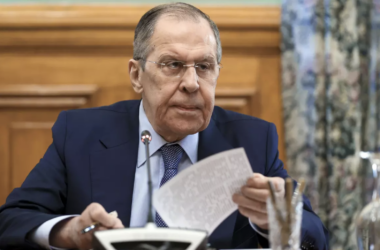Reporters Without Borders (RSF) has expressed alarm over the increasing censorship and suppression of press freedom under Israeli Prime Minister Benjamin Netanyahu’s government.
RSF highlights that Israel’s actions, including banning critical foreign outlets like Al Jazeera, imposing stricter controls on foreign media, and targeting domestic outlets, represent a troubling assault on free expression.
In early November, the Israeli government passed a law granting more control over public service broadcasters. Even Haaretz, a left-leaning Israeli newspaper known for exposing corruption under Netanyahu, now faces a government boycott. “Netanyahu’s government is openly undermining media independence and pluralism,” said Anne Bocandé, RSF’s editorial director, criticizing the Communication Minister Shlomo Karhi for using the ongoing war as a pretext to stifle dissent.
Netanyahu’s administration also labels critical outlets, including Israeli ones, as engaging in “anti-Israeli propaganda.” RSF reports that over 145 journalists were killed in Gaza, adding urgency to concerns about the media crackdown.
Foreign media, such as Al Jazeera and Al-Mayadeen, face broadcasting bans, but many were shocked by the government’s attempts to silence domestic voices like Haaretz. “Israel portrays itself as the Middle East’s only democracy, yet it’s attacking press freedom,” said Erik Larsson, RSF Sweden’s chairman.
Israel has fallen to 101st out of 180 countries in RSF’s global press freedom index, with Larsson noting that new laws favor government-aligned media while silencing critics. These actions, RSF warns, could have lasting consequences for the nation’s media landscape.




